Seasonal allergies, also known as hay fever or allergic rhinitis, affect millions of people worldwide every year. If you experience sneezing, watery eyes, runny nose, or itchy throat around the same time each year, chances are you’re reacting to seasonal allergens like pollen, mold spores, or dust.
In this comprehensive guide, we’ll explore:
- ✅ How to identify seasonal allergies
- ✅ Common triggers and symptoms
- ✅ Effective home remedies and treatments
- ✅ Long-term strategies, including immunotherapy
- ✅ Tips for UAE residents to stay protected
🌸 What Are Seasonal Allergies?
Seasonal allergies occur when your immune system overreacts to harmless airborne particles. During certain times of the year, trees, grasses, and weeds release pollen into the air, which can trigger allergic reactions in sensitive individuals.
Key facts:
- Affect around 30% of adults and 40% of children globally (WHO).
- Often begin in childhood but can develop at any age.
- Symptoms are typically recurrent during certain months.
🤧 How to Identify Seasonal Allergies
🔹 1. Recognize the Symptoms
Unlike a common cold, seasonal allergies don’t cause fever. Look out for:
- Frequent sneezing and nasal congestion
- Runny or stuffy nose
- Itchy, watery eyes
- Throat irritation and mild coughing
- Postnasal drip (mucus in the throat)
- Fatigue due to poor sleep
Tip: If you develop symptoms at the same time each year and they last more than 2 weeks, you’re likely dealing with allergies, not a cold.
🔹 2. Know the Triggers
| Season | Common Triggers | Typical Months |
|---|---|---|
| Spring 🌿 | Tree pollen (oak, birch, cedar) | Feb – May |
| Summer 🌾 | Grass pollen | May – Aug |
| Autumn 🍂 | Weed pollen (ragweed, sagebrush) | Sep – Nov |
| Winter ❄️ | Mold spores, dust mites | Dec – Feb |
In the UAE, allergy triggers are slightly different due to the climate. Dust storms, date palm pollen, and mold spores from humidifiers or AC vents are the biggest culprits — especially between October and April.
🔹 3. Get an Accurate Diagnosis
A healthcare provider can help confirm seasonal allergies through:
- Skin prick tests → tiny drops of allergens are placed on your skin to test reactions.
- Blood tests → measure IgE antibodies linked to allergic responses.
- Symptom tracking → keeping a diary of symptom patterns and seasonal triggers.
🛡️ Effective Management Strategies
Managing seasonal allergies involves a mix of prevention, medications, and lifestyle changes. Here’s how you can take control:
🏠 1. Reduce Allergen Exposure
- Stay indoors when pollen counts are high — usually early mornings and windy days.
- Keep windows closed and use air conditioning with HEPA filters.
- Shower and change clothes after spending time outdoors to remove pollen.
- Wash bedding weekly in hot water to kill dust mites.
- Use a dehumidifier to control mold growth (ideal humidity: 30–50%).
- Wear sunglasses, masks, and hats when outside to limit pollen exposure.
UAE Tip: During dust storms, avoid outdoor activities and keep AC filters clean.
💊 2. Medications That Help
For moderate to severe symptoms, over-the-counter (OTC) and prescription medications can provide relief:
| Medication Type | Examples | Purpose |
|---|---|---|
| Antihistamines | Loratadine, Cetirizine, Fexofenadine | Relieve sneezing, runny nose, itchy eyes |
| Nasal Sprays | Fluticasone, Mometasone | Reduce nasal inflammation |
| Decongestants | Pseudoephedrine, Oxymetazoline | Short-term relief from stuffy nose |
| Eye Drops | Ketotifen, Olopatadine | Reduce eye itching and redness |
Important: Always start medications early, preferably before allergy season begins, for best results (Mayo Clinic).
🌿 3. Natural and Home Remedies
- Saline nasal rinses → flush out pollen and mucus naturally.
- Steam inhalation → soothes nasal passages and eases breathing.
- Honey → may help reduce mild pollen allergies (local honey is best).
- Hydration → drink plenty of water to thin mucus.
- Dietary support → foods rich in quercetin (apples, onions, green tea) have natural antihistamine properties.
💉 4. Long-Term Solution: Immunotherapy
If your allergies are severe or medications don’t work, consider allergen immunotherapy:
- Allergy shots (SCIT): Gradually desensitize your immune system by injecting tiny amounts of allergens.
- Sublingual tablets (SLIT): Dissolve under the tongue; effective against grass, ragweed, and dust mite allergies.
- Treatment duration: Typically 3–5 years for lasting results.
According to the American Academy of Allergy, Asthma & Immunology (AAAAI), immunotherapy can reduce symptoms by 60–80% and improve quality of life significantly.
🌍 Managing Seasonal Allergies in the UAE
Living in the UAE brings unique challenges:
- Dust storms worsen symptoms → Stay indoors and use N95 masks if you must go outside.
- High humidity encourages mold growth → Use dehumidifiers and clean AC filters regularly.
- Date palm pollen peaks between Feb and April → Plan medications in advance.
Use local pollen and dust forecasts to plan outdoor activities. UAE’s National Center of Meteorology (NCM) provides daily updates.
🧠 When to See a Doctor
Seek medical help if:
- Symptoms persist despite OTC medications.
- You develop asthma-like symptoms: wheezing, chest tightness, or shortness of breath.
- You suspect multiple allergies or frequent sinus infections.
- You’re considering immunotherapy.
📌 Key Takeaways
- Seasonal allergies are triggered mainly by pollen, dust, and mold.
- Identify triggers and start preventive measures early.
- Combine environmental control, medications, and home remedies.
- Immunotherapy offers long-term relief for persistent cases.
- UAE residents should pay special attention to dust and date palm pollen seasons.
ABOUT THE AUTHOR
Dr. Abid Akram is a dedicated medical practitioner known for his patient-centered approach and strong clinical expertise. With an MBBS degree and years of hands-on experience, he has developed a keen interest in preventive healthcare and internal medicine. Dr. Abid firmly believes that health is not just about treating illness but about empowering individuals to make lifestyle choices that prevent disease and promote long-term well-being. His approachable personality and ability to explain complex medical concepts in simple terms make him a trusted doctor among his patients. Outside of his clinical practice, Dr. Abid contributes to community health awareness programs, aiming to bridge the gap between medical knowledge and everyday life.

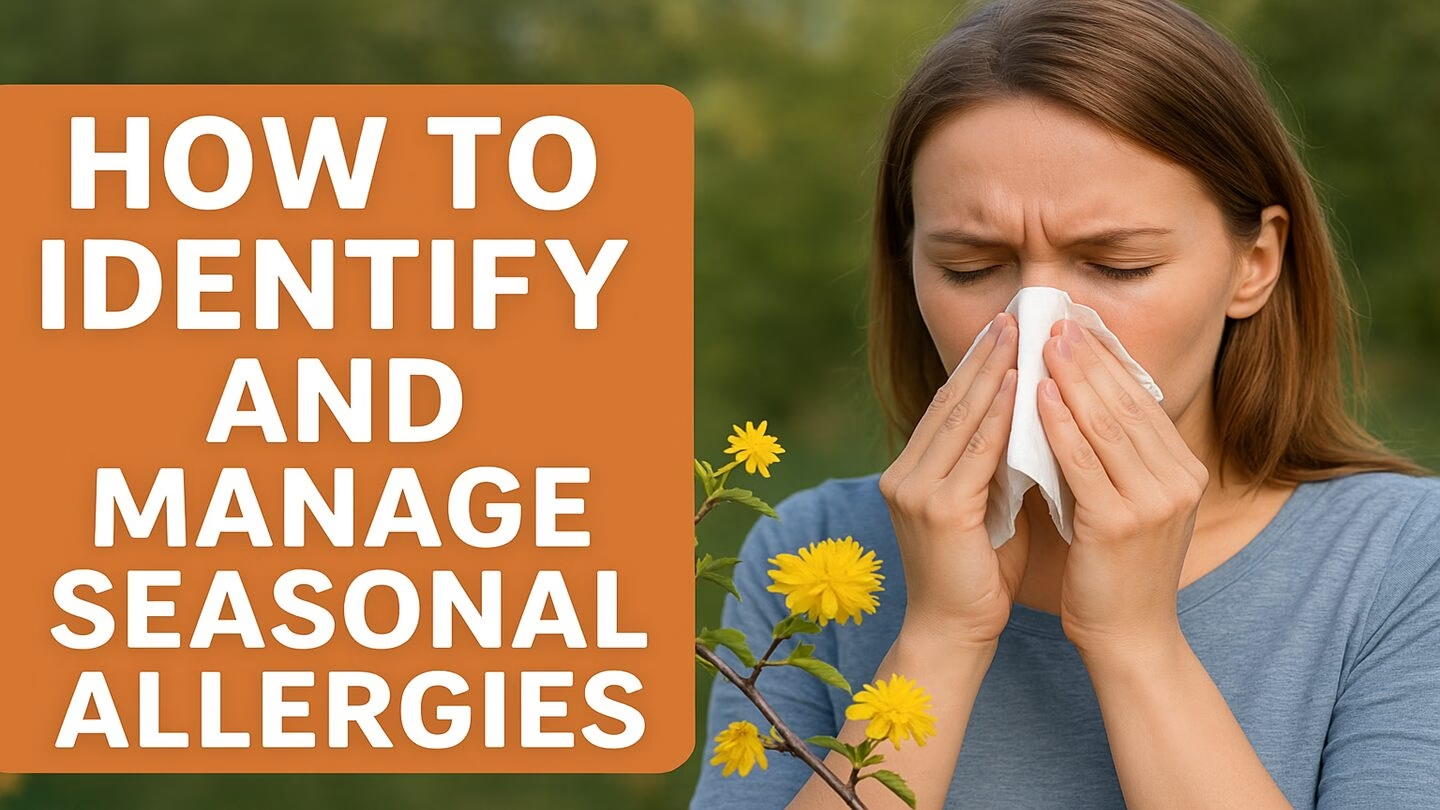
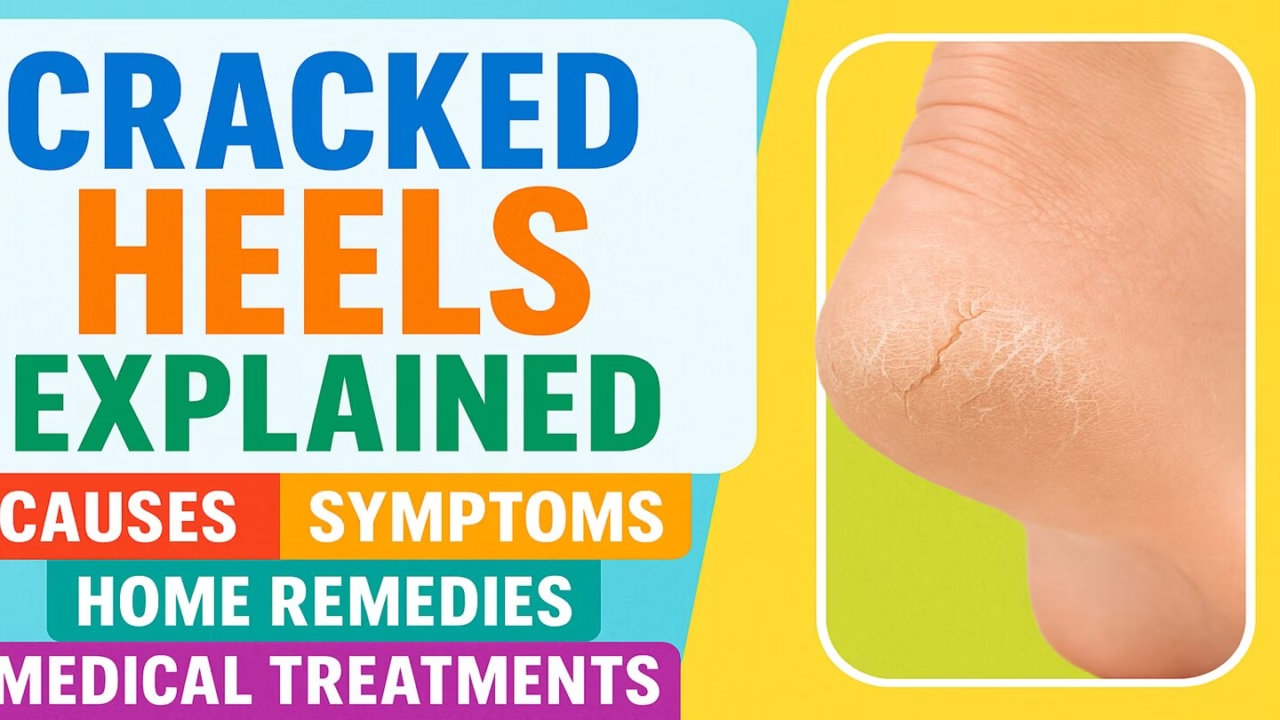

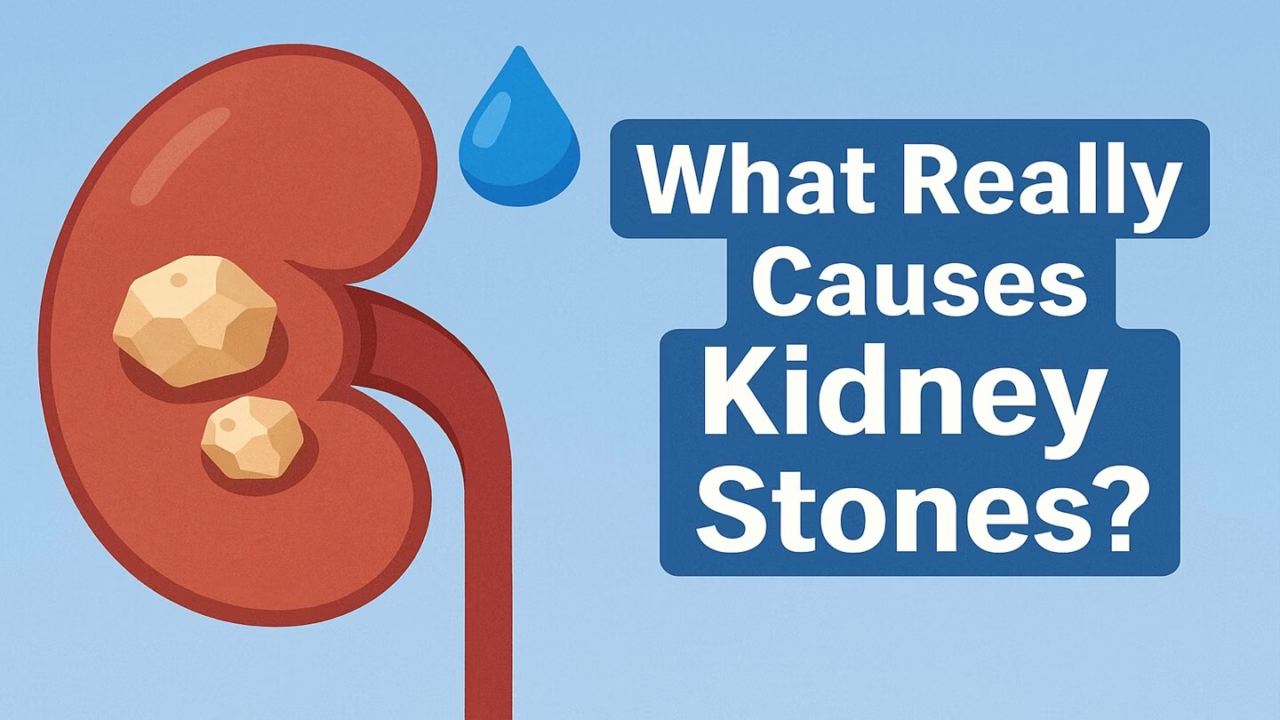



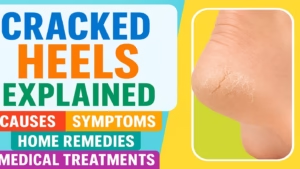


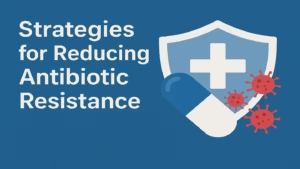
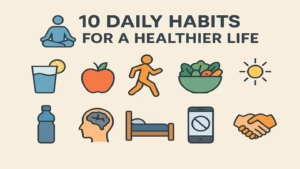
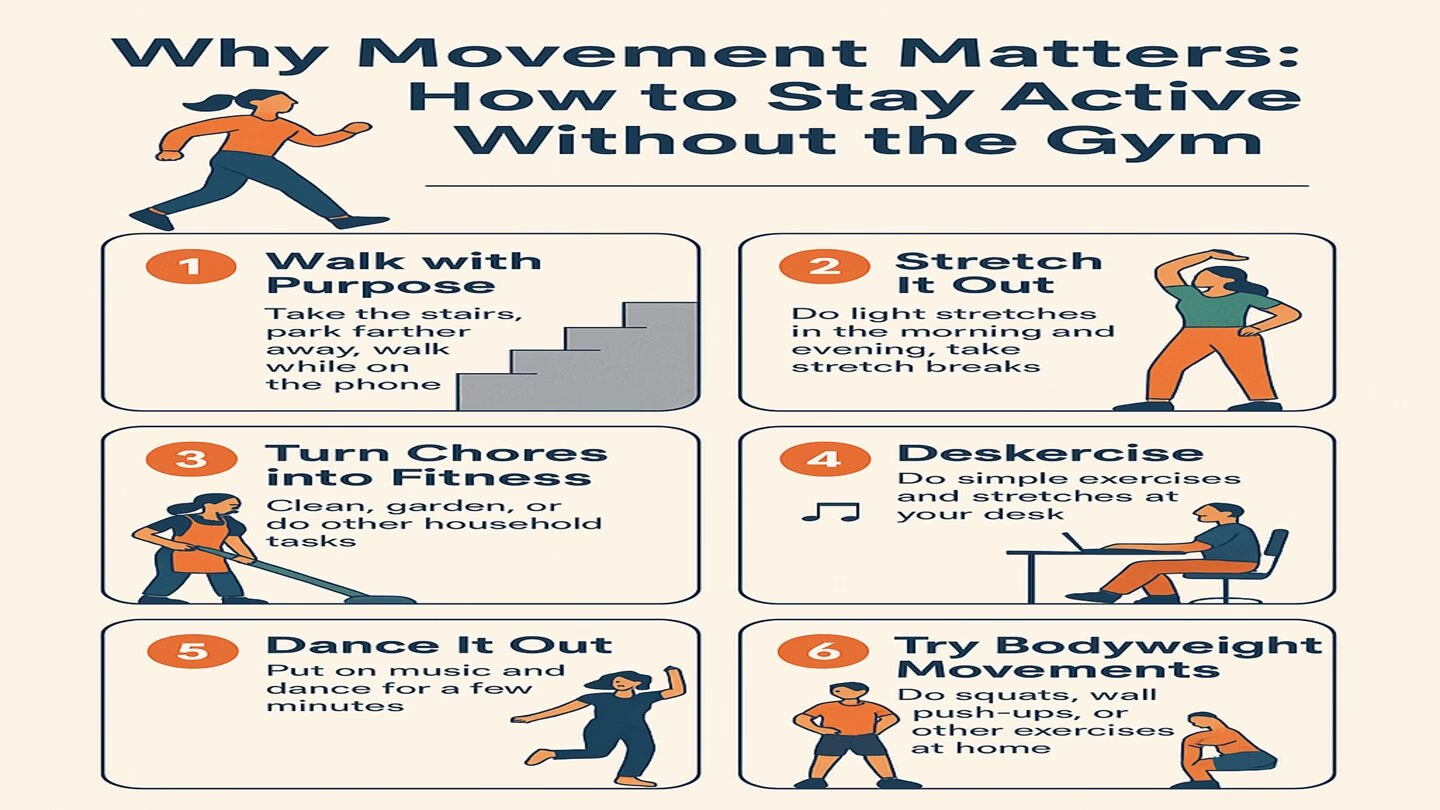
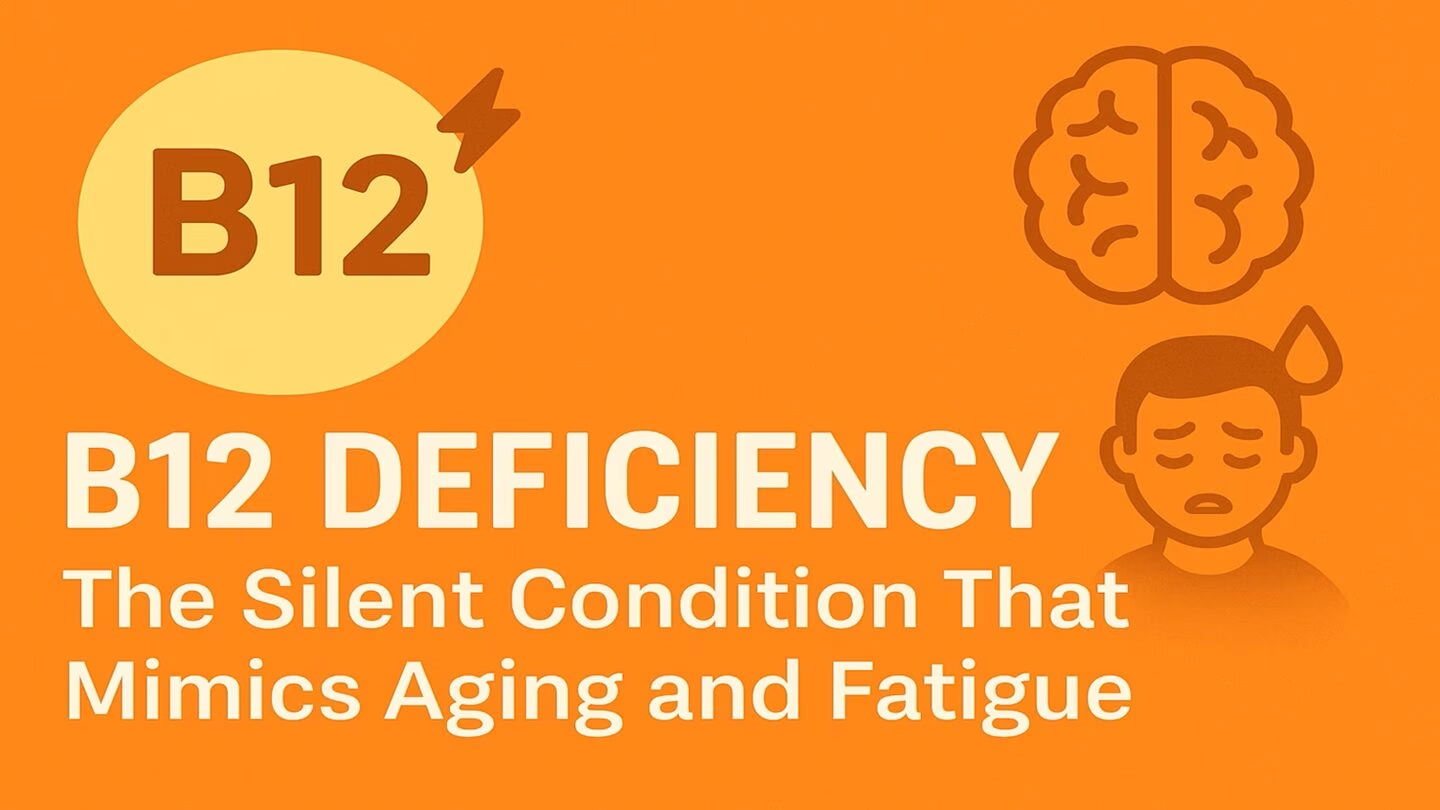
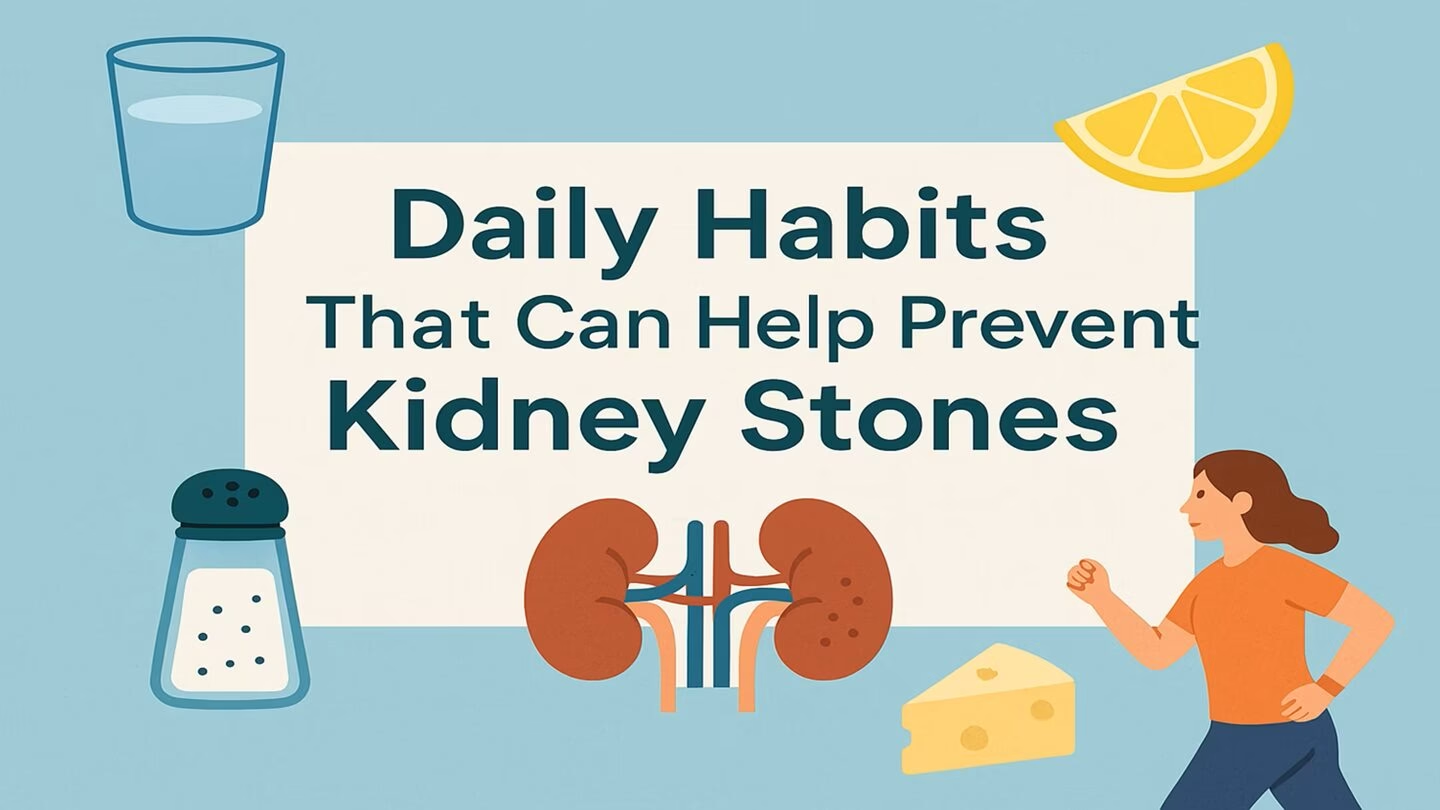
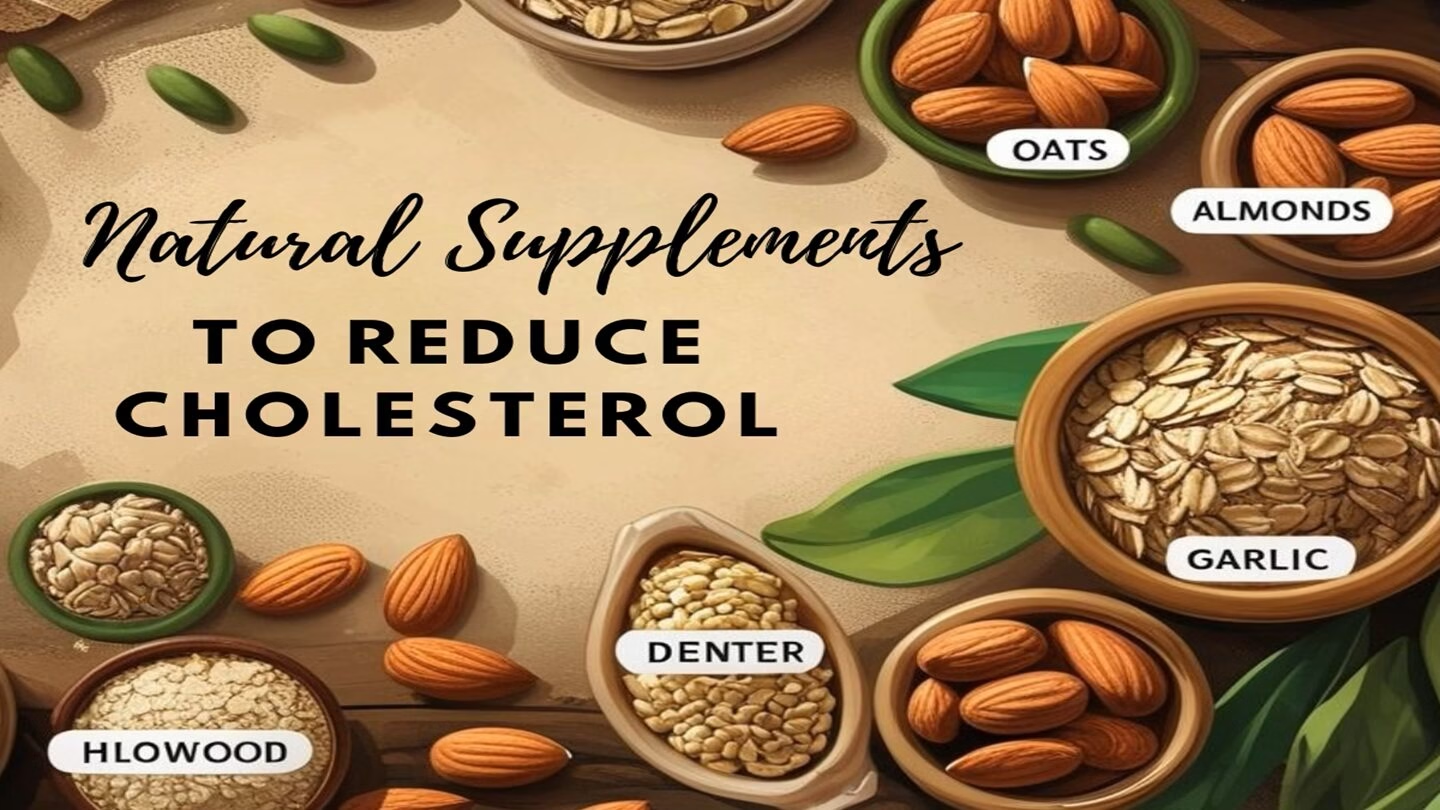

Add comment